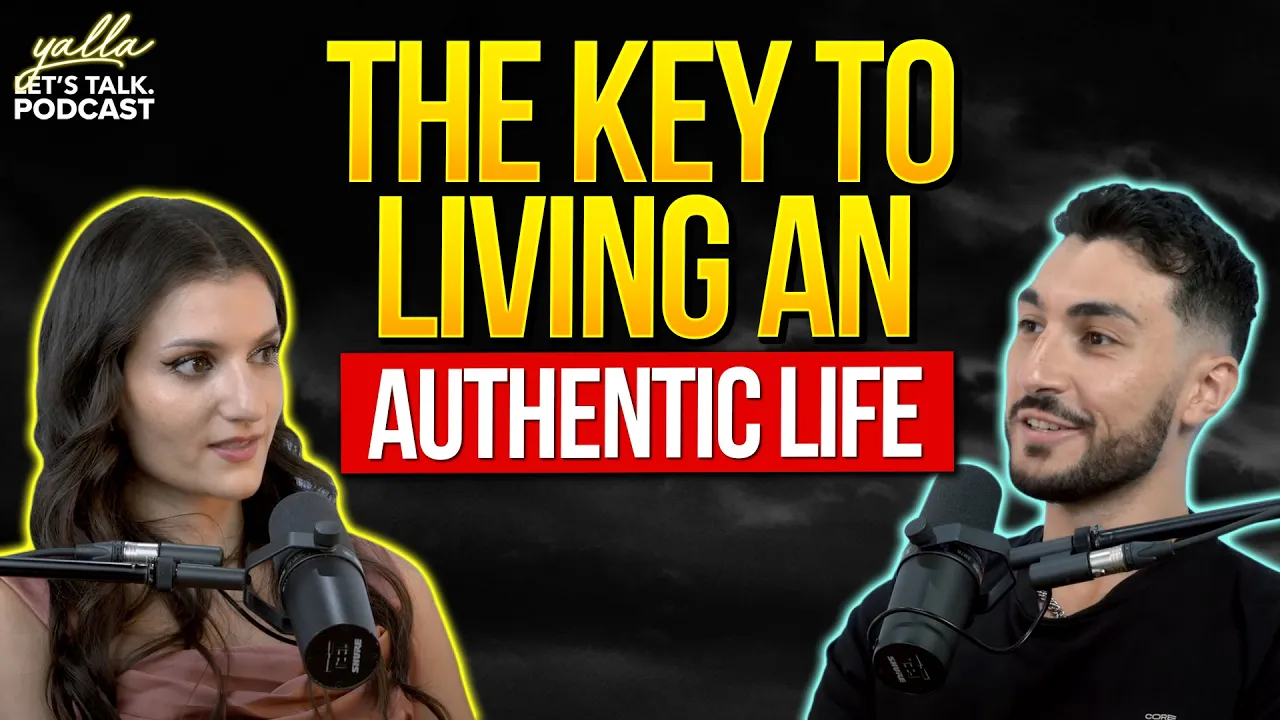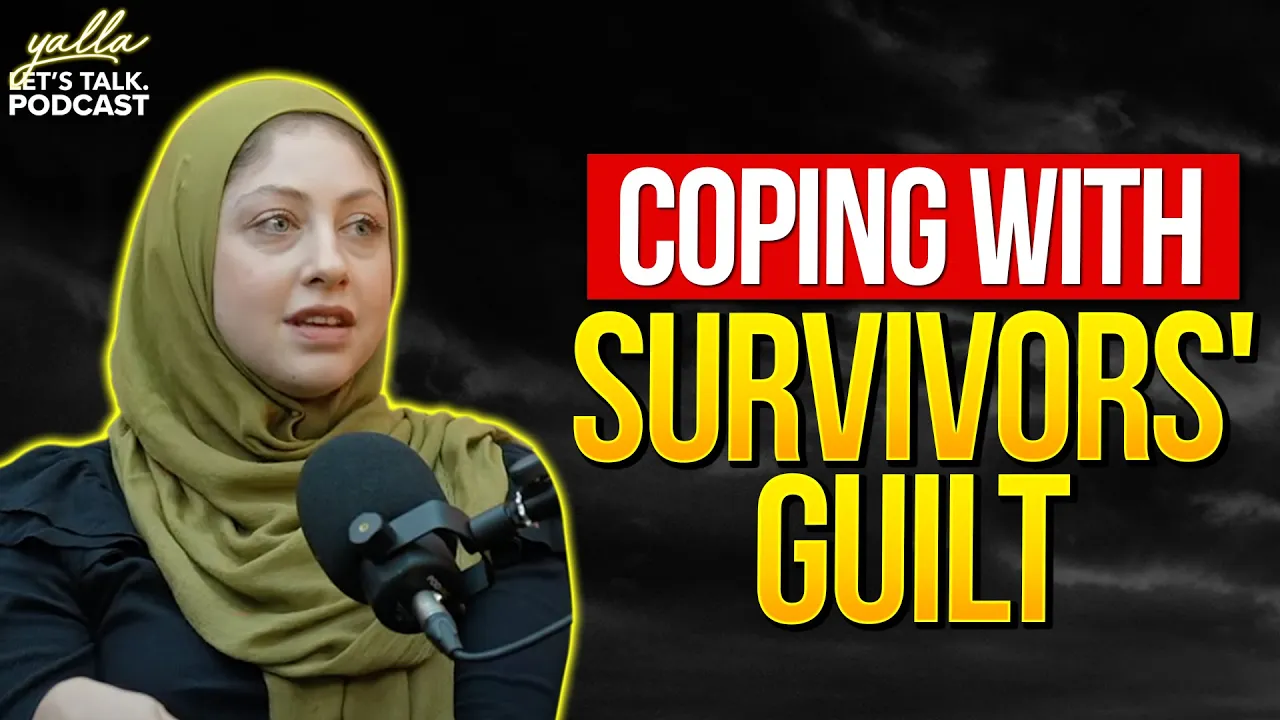One of the most challenging things about being a Third Culture Kid (TCK), is the clash between our individualistic and collectivist selves. Individualistic cultures favor the goals and rights of individuals (most prevalent in Western culture), whereas collectivist cultures stress the importance of the group over the individual (most prevalent in Eastern cultures). A lot of us feel like we live with one foot in each world, and so life often feels like a game of tug of war on your soul. Essentially, it takes a significant toll on us when we’re trying to be our authentic selves, whilst simultaneously placing so much value on the perception of others, longing to be accepted by the community. Ultimately, when trying to navigate our mixed values as Third Culture Kids (TCKs), we often find ourselves stuck between a rock and a hard place.
See, as TCKs, when we’re faced with making decisions that are necessary to move forward with our lives, we are too often met with great disappointment and disapproval from our families or community. Most diaspora kids spend a great deal of time and effort trying to get their parents to approve the way they choose to live their lives, or the people with whom they choose to live. They are hardly ever impulsive or careless decisions, contrary to what the gossiping community aunty may lead you to think. Yet people don’t care to acknowledge this reality. Generally, people find it easier to jump to conclusions and pass judgment without hearing a person’s story or considering the difficult journey they had to go through before making a decision.
Sara was 27 years old when she thought it was time to finally move out of her parents’ home. Responsible, financially successful, and tired of the stress she faced at home, she felt that this was a necessary step for her to take. However, she didn’t want to do this in defiance of her parents, so she spoke to them regarding her decision. She explained why it was important to her and reassured them that she would be okay. Her parents disapproved at first. Her father, in particular, was afraid of what people might say if she moved out. However, his family showed so much positivity that he finally agreed – until she actually moved out. Upon hearing one comment of disapproval from his friend, her father withdrew his support. After all, reputation and social status were extremely important to him. Sara tried to reason with him but he wouldn’t budge.

Sometimes it works out for Third Culture Kids, and their parents eventually accept their decisions. However, more often than not, it doesn’t. And then the kids end up wondering if their lifestyle choices were worth sacrificing their relationship with their families, their parents’ happiness, or their own. This is one of the most problematic and toxic things about being part of a collectivist culture.
And then the kids end up wondering if their lifestyle choices were worth sacrificing their relationship with their families, their parents’ happiness, or their own. This is one of the most problematic and toxic things about being part of a collectivist culture.
Maisaloon Hammoud on the sacrifices involved in being part of a collectivist culture.
Sara thought that eventually, her father would come around. I mean parents often get mad and cool off afterward, right? She did not anticipate that he would continue to not speak to her even three years later.
Sara’s story is but a wave in an ocean full of similar stories.
It makes me wonder: how many sad stories have to be heard, and how many voices have to be silenced before the space between our Eastern and Western values stops closing in on us and starts to expand instead? We our of all people, having mixed values as Third Culture Kids, shouldn’t be trapping people in situations to the extreme where one feels the need to cut their arm off, 127 hours style, just to walk away. Unlike Aron Ralston, there are in fact people around to help set us free. However, unfortunately it’s those very people that make us feel stuck in the first place. So why is that? Maybe it’s because they too have found themselves stuck.
Luckily, Sara continued to feel love and support from the rest of her family including on her father’s side. However, it took her some time to accept that her father was no longer a part of her life, especially over something so trivial.
Sadly, however, other people have faced harsher, crushing realities when trying to untangle the mess that can sometimes come from our mixed values as Third Culture Kids.
I used to think that the answer to our problems lay in trying to inspire the older generation to open their eyes and change their mentality, but I soon realized that was a difficult and draining task. Though it’s important, it can no longer be our only focus. We have to focus on improving our individual selves as the very large third culture community that we are. See, as TCKs, we have the privilege of experiencing and learning about a wide variety of cultures and beliefs within our very own homes, and we have learned to accept and respect them. We don’t seem to look down on people outside of our respective communities when they do things that are foreign to us or break traditions we’re accustomed to, so why do we raise havoc when people in our communities do the same? The concept of diversity and inclusion doesn’t lie solely in accepting different cultures and races. It also lies in embracing diversity within one’s own culture and race.
The concept of diversity and inclusion doesn’t lie solely in accepting different cultures and races. It also lies in embracing diversity within one’s own culture and race.
Maisaloon Hammoud on diversity and inclusion.
Whether it be moving out of your parents’ house before getting married, not following a sacred tradition or making an unconventional career choice, it is not our responsibility to judge others for making decisions we don’t necessarily agree with. Nor is it our responsibility to be harsh on those who choose to obey and please their parents whilst struggling to seek out their dreams.
Those of us who have the mental capacity to do so, need to reach out our hands to those who feel stuck, and to lend our ears to those who are dying to speak out. Sometimes all it takes is to sit someone down and say yalla, let’s talk i.e. let that person talk first, while you listen. All of us can relate to each other somehow when we reflect upon our mixed values as Third Culture Kids, so why be afraid of the discussion?
For those who were able to have peaceful conversations with their parents when faced with big decisions, and for those who braved the storms to find rainbows waiting on the other side, I congratulate you. I admire your commitment. For those who lost more than they expected along the way, only to find loneliness in the place of your pot of gold, I admire you for summoning the courage and strength to go for what you truly wanted, despite the pain it may have caused you. I apologize on behalf of our community who should have been there for you when you needed it most but turned their backs on you because you didn’t fit the status quo.

The best thing about being part of a collectivistic culture is the strong sense of community: I truly believe that this aspect is the one we should strengthen the most. Like with everything else though, it’s about striking a balance. Maybe it’s going to take a little more time for us to figure out exactly how to cross that tightrope without falling, but for now we can at least be each other’s safety nets.
By Maisaloon Hammoud
@maisaloon.h















One Response